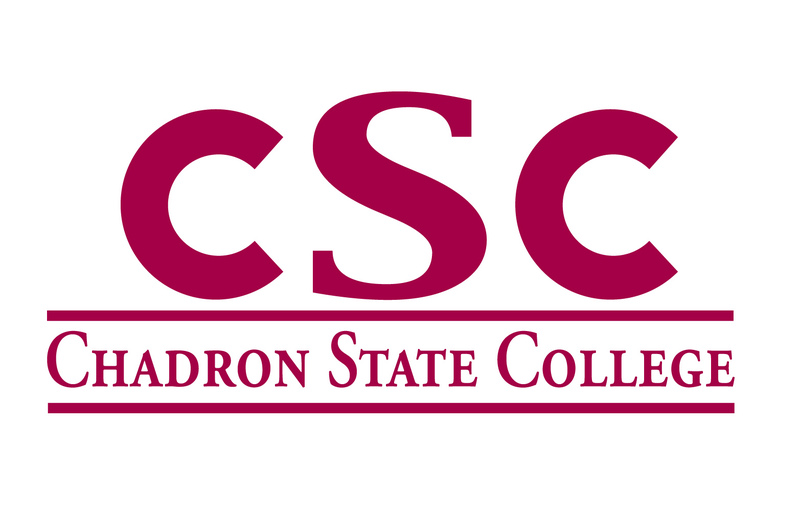CSC taking a new approach to general education

Major changes to the way Chadron State College offers its general studies courses are coming this fall.
The new Essential Studies Program is the result of two years of intensive study of CSC’s general studies offerings, and is expected to set it apart from most other colleges and universities.
General studies, required as a way to complement students’ primary programs of study and ensure a well-rounded education, have long been perceived as a burden by many degree-seekers, college officials say, and CSC’s new program addresses many of the expectations of 21st century learners and the job market.
A significant benefit of the new system for students is that they’ll be required to compile just 120 credit hours to graduate instead of the 125 that was required with the old system. The difference is that CSC will require 42 credits of essential studies instead of the 47 of general studies that was previously required.
A fundamental component of the Essential Studies Program will be new First-Year Inquiry courses for freshmen and Capstone courses for seniors. The courses are designed to help students “explore and understand critical thinking, problem solving and the nature of inquiry.”
“These FYI courses will serve as a vehicle to get students where they need to go,” said Dr. Joel Hyer, CSC dean of curriculum and academic advancement.
Dr. Charles Snare, the CSC dean of teaching and learning who will become vice president for academic affairs this summer, said the new courses incorporate “high impact practices,” which, as research suggests, increase rates of student retention and student engagement.
Twenty-two subjects, many of them team-taught, have been set for FYI courses in the program’s inaugural year. They have been designed with the intent to captivate. For instance, “A Better You through Financial and Physical Health” will help students develop a solid foundation both with their bodies and their pocketbooks. In another, “The Hidden Life of Everyday Things,” students will investigate the “infrastructural aspects of everyday life” that are rarely noticed – such as the water they drink and the roads they travel.
More important than the FYI course subjects, the organizers say, will be the method of instruction. While the course topics may at first seem less than essential, the target learning outcomes are vital and will be the same for each offering. Students will navigate the courses with an emphasis on developing skills for communication and teamwork. The courses’ cross-discipline nature will help students earn a variety of skills, focused both on their personal development and employability.
The FYI courses, Snare said, will have “an emphasis on development of students’ intellectual and practical competencies through questions that cut across disciplines.” Capstone projects will be culminating experiences that provide the opportunity for each student to create a project of some sort that integrates and applies what has been learned.
“The project might be a research paper, a performance, a presentation, an art exhibit and/or a best work portfolio,” Snare said.
He said the new courses address the wants of employers who seek job candidates with proficiency in written and oral communication, critical thinking and analytic reasoning, the application of knowledge and skills in real world settings, complex problem solving, ethical decision making and teamwork skills. From the courses, he expects students to become more attentive, learn the important roles of leaders and followers, and gain valuable insights into choice and happiness.
Hyer recalls his days as an undergraduate student, and said he viewed a general studies course as just “another class he had to take.” He said the former model of general studies served CSC students and faculty well during the 1990s and into the 21st century, but the expectations of students, parents and employers have evolved. He anticipates that students and their parents will see the benefit of the new approach and welcome the changes.
Snare said CSC is “carving its niche” with the new program, and expects it to give CSC a competitive advantage to institutions who continue to offer general studies courses by the traditional model. He relates the new approach to teaching a child to ride a bicycle.
“We could give them a book about riding a bicycle and say, ‘This is how you ride a bike.’ Instead, we’re putting them on the bicycle and having them learn to ride,” he said.
CSC has taken its general studies seriously. In 2010, CSC was among the first of eight institutions to successfully achieve completion of the Higher Learning Commission’s Academy for the Assessment of Student Learning. About 50 CSC faculty members were involved in taking a close look at their institution’s general studies offerings, and received praise from the HLC for their involvement in the effort.
The accolades for the faculty's work were certainly welcomed, but CSC educators are hopeful the highest marks will be those obtained by the institution's students after the new program is in place.
Category: Campus News
